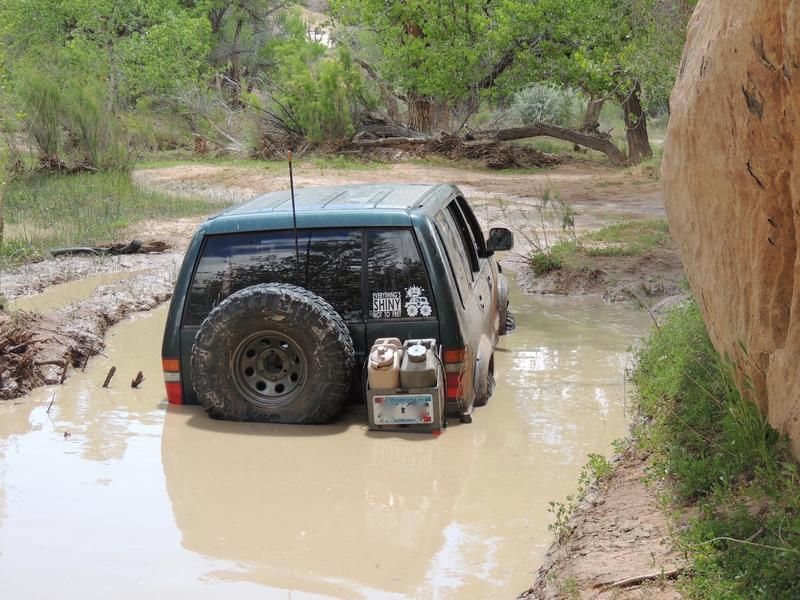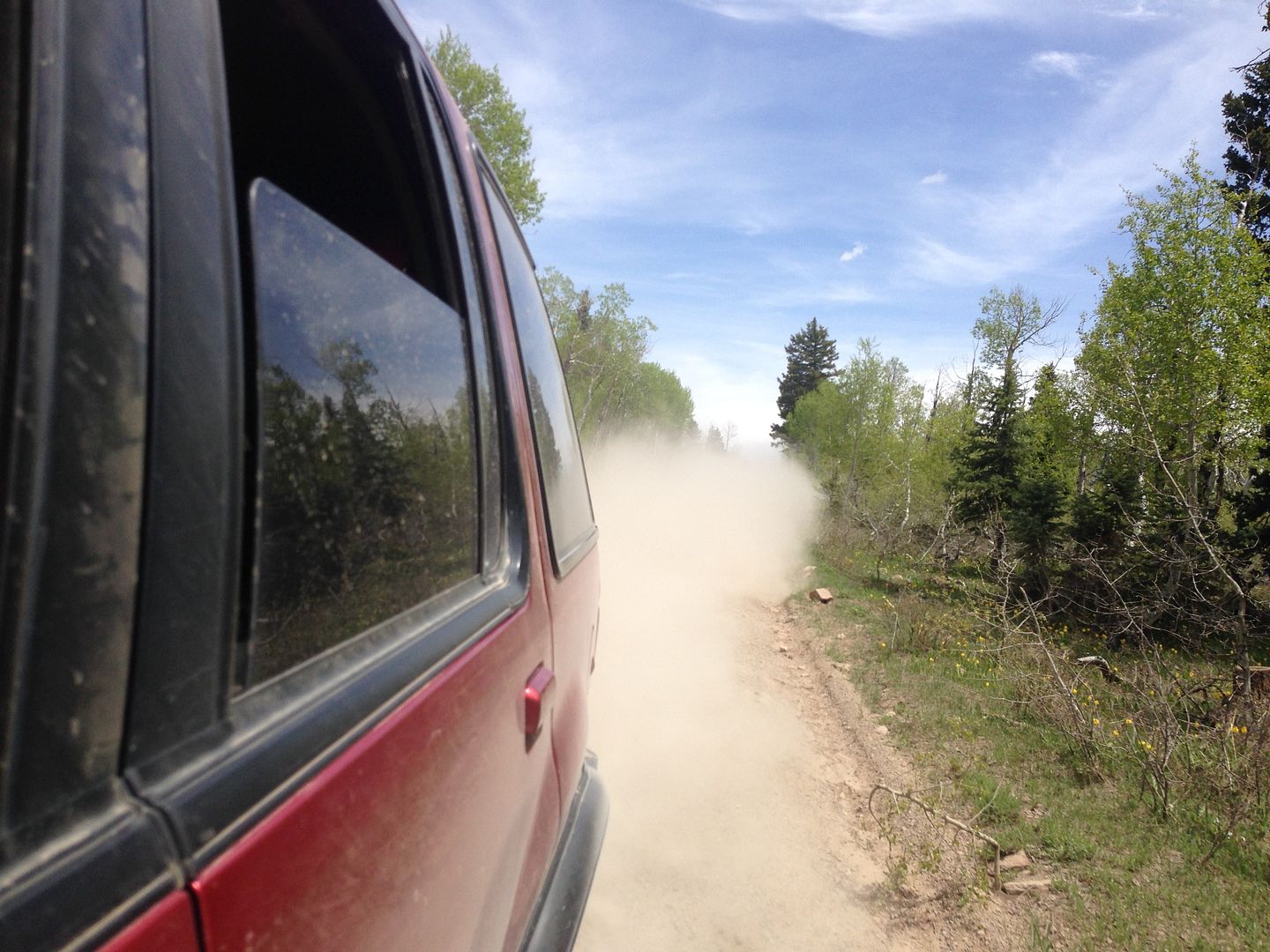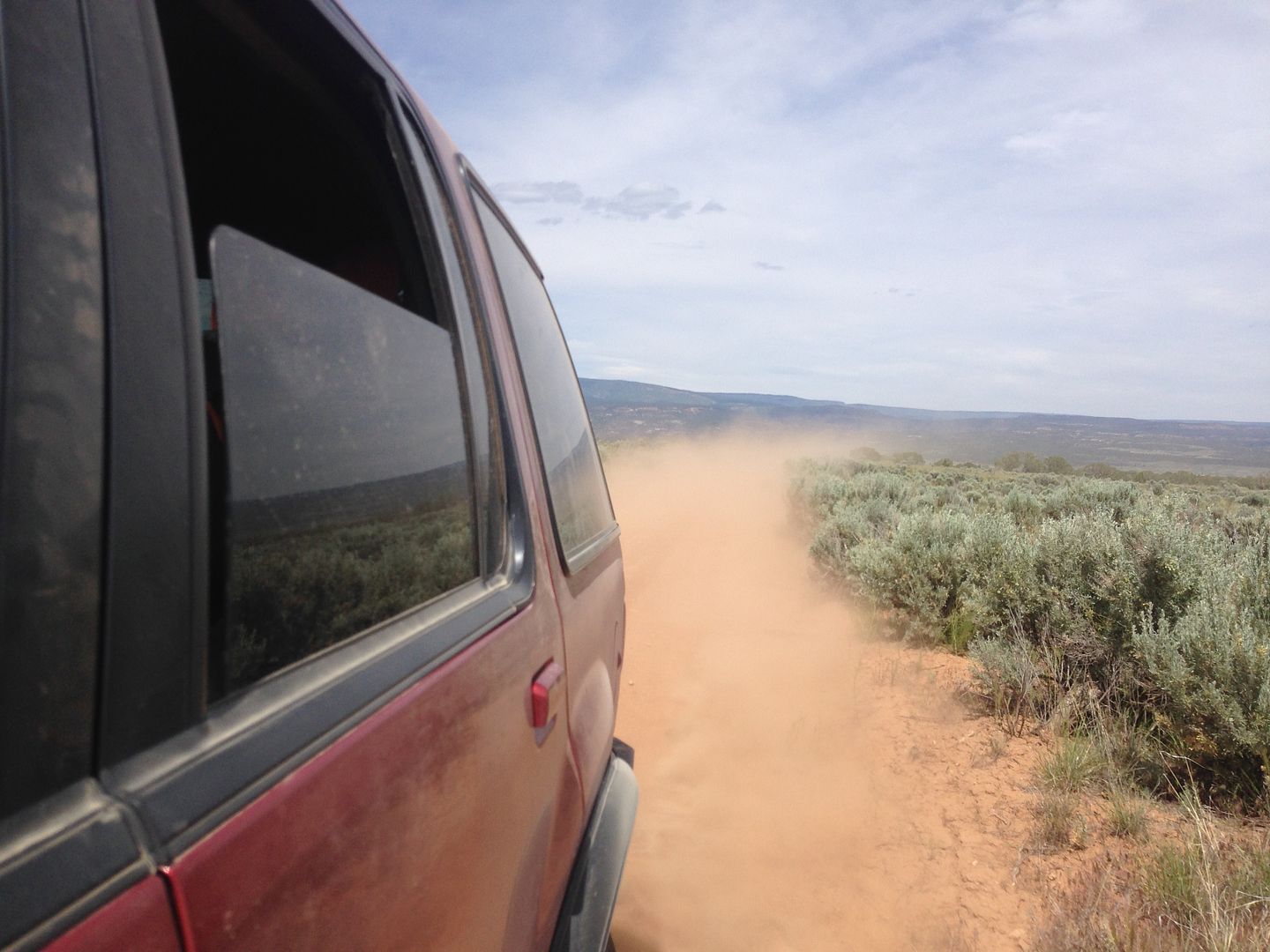lugueto
Adventurer
If someone gets their vehicle in salt water, it will start rusting noticeably within a few days. I don't cross salt water, no one should.
Agreed: A snorkel will not turn your vehicle into a submarine. Deciding where and when you cross a water is the part when the driver saves the vehicle and not the snorkel. If you cross water above your waist, you're screwed with or without a snorkel. If you cross water with moderately strong currents, you're risking a lot. And although the discussion has veered from "does a snorkel work" from "You shouldn't drive your car into water", you raise some interesting points.
Indeed, you can further modify vehicles to make them safer during water crossings, but that doesn't mean they wont survive and will necessarily die slowly because of it. I have, and know of, a bunch of trucks me and my buddies still drive today. Mind you, these aren't trail trucks (The types people break and don't care for because they don't depend on them for anything else). They're long distance expedition built vehicles, some of which are daily driven (including mine).
Raising differential, transmission and transfer case breathers is a necessity. The healthy use of dielectric grease helps a lot on vulnerable connections (like distributor connections, main electrical connections). I find water crossings are usually quick enough to avoid water coming into the cabin, keeping your door seals in good check is usually enough for most water crossings. Get stuck mid-stream and water ingress is absolutely inevitable.
I usually turn off all electronics before I begin crossing: A/C, stereo, main lights (if driving at night). I only keep aux lights and my 2m HAM (overhead). The computers in our LC's are inside the dashboard, so if you get water high enough to reach it, you probably won't be using that vehicle much ever again either way.
Agreed: A snorkel will not turn your vehicle into a submarine. Deciding where and when you cross a water is the part when the driver saves the vehicle and not the snorkel. If you cross water above your waist, you're screwed with or without a snorkel. If you cross water with moderately strong currents, you're risking a lot. And although the discussion has veered from "does a snorkel work" from "You shouldn't drive your car into water", you raise some interesting points.
Indeed, you can further modify vehicles to make them safer during water crossings, but that doesn't mean they wont survive and will necessarily die slowly because of it. I have, and know of, a bunch of trucks me and my buddies still drive today. Mind you, these aren't trail trucks (The types people break and don't care for because they don't depend on them for anything else). They're long distance expedition built vehicles, some of which are daily driven (including mine).
Raising differential, transmission and transfer case breathers is a necessity. The healthy use of dielectric grease helps a lot on vulnerable connections (like distributor connections, main electrical connections). I find water crossings are usually quick enough to avoid water coming into the cabin, keeping your door seals in good check is usually enough for most water crossings. Get stuck mid-stream and water ingress is absolutely inevitable.
I usually turn off all electronics before I begin crossing: A/C, stereo, main lights (if driving at night). I only keep aux lights and my 2m HAM (overhead). The computers in our LC's are inside the dashboard, so if you get water high enough to reach it, you probably won't be using that vehicle much ever again either way.






